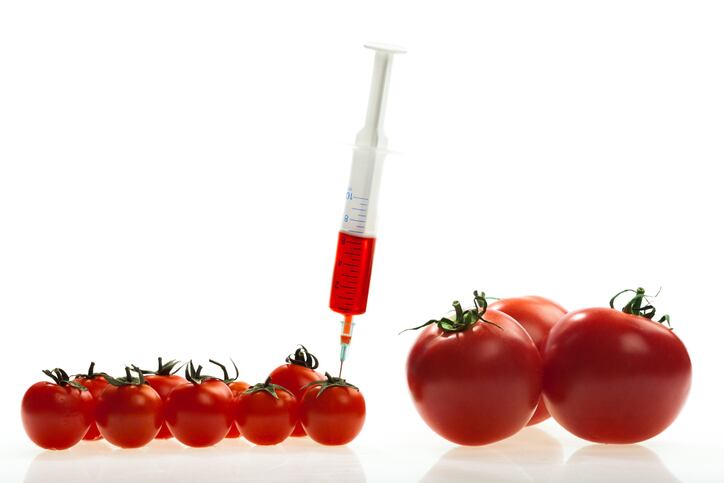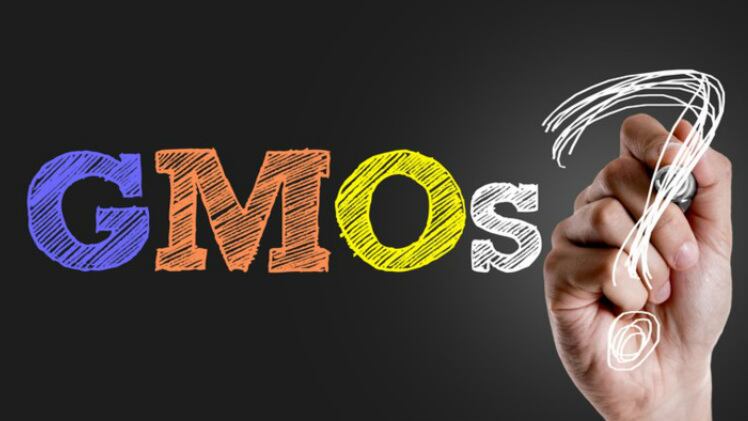The Consumer Affairs Agency (CAA) announced that foods made using the genome editing technology do not require safety inspections, unlike genetically modified foods which must go through toxicity and carcinogenicity tests.
Declaration of the technology used is also not required on the product label.
Japan is no stranger to genetically-modified foods, which already follows a set of labelling regulations and safety tests.
It can include foods made using recombinant DNA technology, which is the combination of genetic information from different species.
According to Japan’s Food Labeling Standard, foods made using this technology are required to declare ‘genetically modified’ if the main ingredient is derived from recombinant DNA technology such as soybean, corn, potato, rape, cotton seed, alfalfa, sugar beet, and papaya.
On the other hand, genome editing technology allows the cutting and splicing of DNA to edit target genes.
This technology was said to dramatically speed up crop development time.
According to Hiroyuki Kawai, CEO of Japan-based consultancy firm Label Bank: “The benefit (of genome editing technology) is shortening the time needed for development compared to the conventional breeding technology and recombinant DNA technology.”
CAA said the reason for not making labelling compulsory was because it would be no different to non-edited foods.
Kawai explained: “From a scientific point of view, there is no big confusion because it is not different from conventional breeding.”
According to CAA, companies are also not required to submit reports to the government of the products created through the technology or the measures they have developed such organisms with. However, it asked companies to indicate voluntarily the use of such techniques on product labels, in response to requests from consumers.
The genome-edited products that are expected to be on sale in Japan soon will include a range of items such as rice, tomato, potato, grapes, mushroom, tuna, red sea bream and others.
Japan Times reported that tomatoes richer in nutritional content and higher-yielding rice crops have already been researched through this technology.
Red breams with thicker flesh have also been developed by Masato Kinoshita, assistant professor at Kyoto University.
“Costs will drop if red sea bream has more flesh without increasing feed, and consumers will benefit through price drops,” Kinoshita said.
There has been controversy over whether food products developed through the technology should be considered genetically modified, but Japan’s authorities have expressed as long as the genome of the enzyme used to edit the target organism is not left on the organism’s genome, it does not amount to genetic modification.
Consumer concerns
This comes as public awareness and understanding of genome editing is still relatively low in the country.
In an internet survey conducted by the University of Tokyo involving 38,000 participants, 43% of respondents said they did not want to eat agricultural products developed with genome editing technology. 53% said they would not want to consume genome-edited animal products.
The results showed that just 9.3% of respondents would consume genome-edited agricultural products and 6.9% of respondents would try genome-edited animal products.
However, 47.7% of those surveyed did not have a clear answer when it came to eating edited farm produce, while 39.8% said the same for genetically edited meat items.
This suggested that a large proportion of Japan’s population still remained undecided on genome-edited foods.
However, Kawai thinks that as long as the genome-edited foods were more delicious or nutritious than conventional foods, “I think it could be liked and consumed. However, it may be limited to fresh foods such as fruits and vegetables, meat and fish.”




